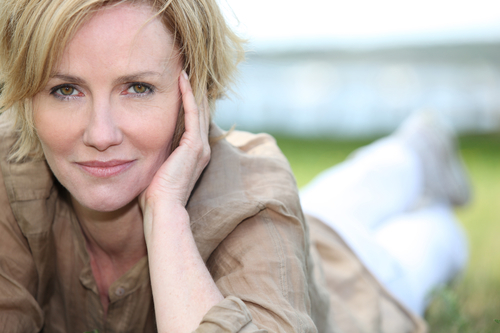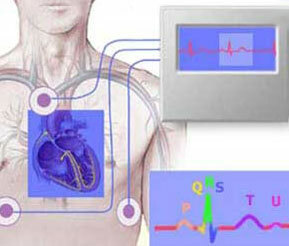
Menopause is an inevitable period in the life of any woman. The phenomenon is purely physiological, associated with the extinction of the reproductive function of the ovaries. The hormonal background is changing, since the production of female sex hormones - estrogens - in the ovaries is significantly reduced. At the same time, the number of follicles in the ovaries also decreases. The climacteric period begins, on average, at the age of 45 to 55 years. With the onset of menopause, the work of all organs and systems also changes, metabolism is disrupted. All these changes cause a lot of unpleasant sensations that can significantly reduce the quality of life of a woman who has entered menopause.
Symptoms typical of the onset of menopause can provoke significant discomfort:
- hot flashes that accompany even menopause of a rather mild degree;
- headache;
- emotional instability, i.e. unreasonable mood swings, tearfulness, sentimentality, increased irritability, unexplained anxiety, sometimes depression;
- sleep disorders, most often - insomnia;
- the elasticity of the skin decreases, and it becomes gradually flabby;
- dryness of the mucous membranes, and the dryness of the genital mucosa is especially uncomfortable;
- frequent urination, and sometimes urinary incontinence;
- the level of calcium in the bone tissue decreases, which leads to changes in the spine, posture worsens, the back muscles tense.
One of the most common and painful manifestations of menopause, besides hot flashes, is headache. It always arises unexpectedly, most often it starts from the temples, then goes to the forehead. May darken in the eyes. The pain is quite intense, which leads to a sharp decrease in mood. Often, an attack of pain is accompanied by a state of inexplicable fear, panic, and increased anxiety. True, this symptom has nothing to do with impaired swallowing and gradually goes away on its own. Since blood pressure can rise frequently during menopause, the headache becomes more intense.
The appearance of a headache during menopause depends on various reasons. This is a general health condition, body constitution, hereditary characteristics, the presence of bad habits, a regimen nutrition, quality of food intake, lifestyle, the presence of chronic diseases, drinking regimen, work schedule and rest, etc.
The headache is debilitating and persistent, or it may occur intermittently, but in any case it is very severe. Feelings can also be different:
- pulsating paroxysmal;
- aching, pressing, constricting and at the same time monotonous;
- burning or bursting;
- cutting or stabbing;
- shooting, drilling.
Whatever the headaches are, they are associated with a spasm of blood vessels, with increased permeability of vascular walls, with the presence of atherosclerotic plaques in the arteries, the number of which increases with the onset of menopause.
You do not need to endure headache attacks with menopause. But ordinary painkillers, which are prescribed by doctors, and which have recently helped, usually do not solve the problem. The solution will be products based on plant phytoestrogens, which normalize hormonal balance and relieve headaches and other unpleasant manifestations of menopause. For example, a biologically active food supplement ESTROVEL® capsules is a complex of phytoestrogens, vitamins and microelements, the components of which have a mild effect on the main manifestations of menopause. ESTROVEL® contains vitamin K1 and boron, which help reduce the risk of osteoporosis. The combination of the active components of the drug helps to comprehensively affect all the symptoms of menopause, normalizing the general condition and eliminating headaches.
Irina Martirosova, obstetrician-gynecologist, gynecologist-endocrinologist, Scientific Advisory Diagnostic Center, Research Institute of Epidemiology, Moscow



